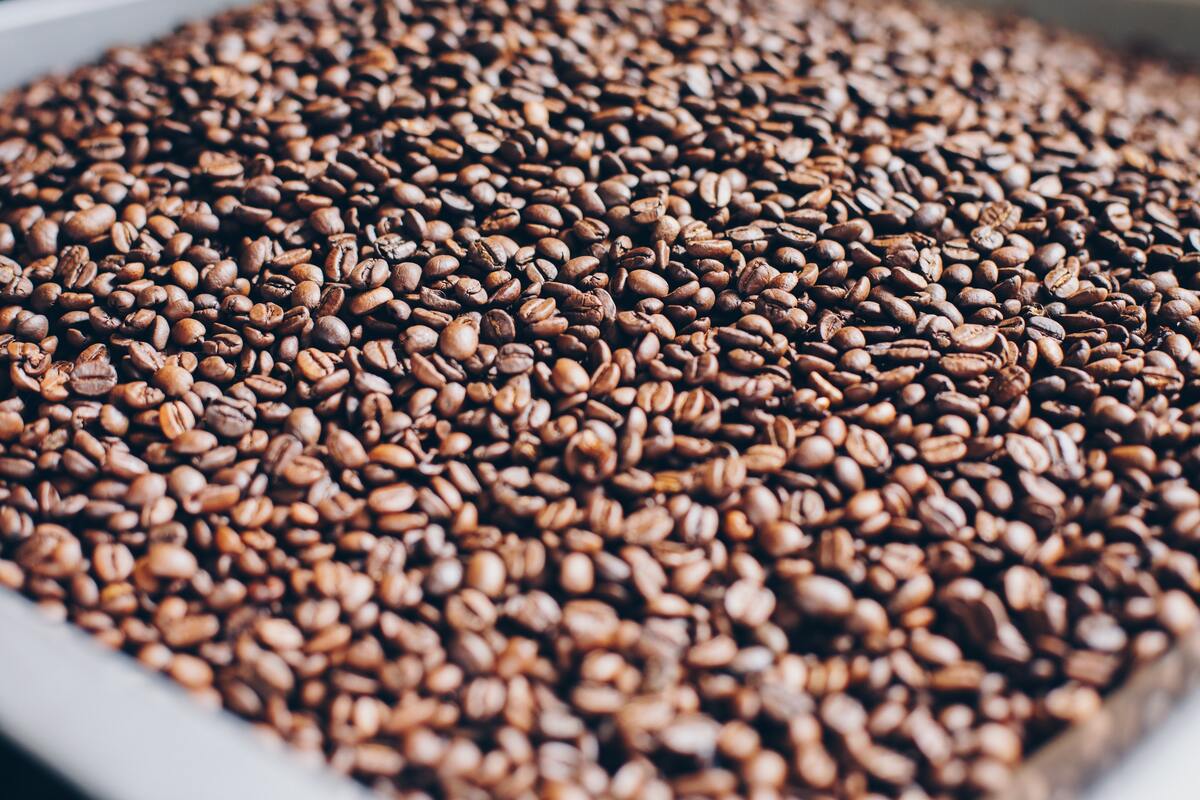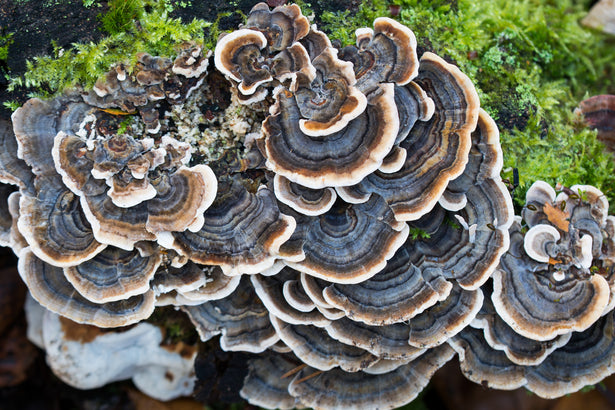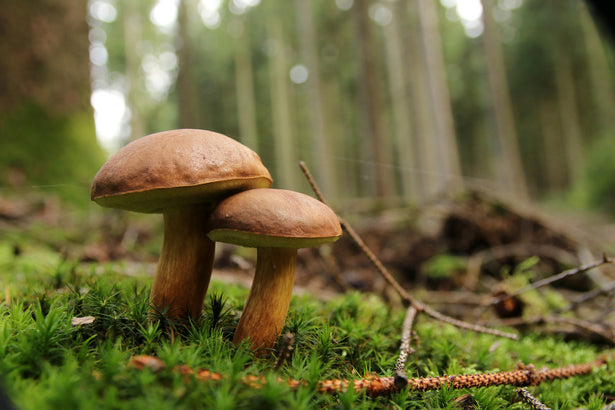Caffeine, caffeine, caffeine! It accompanies us every day, gives us a boost in the morning and even later in the day. If it can have positive effects on the body, it is important to highlight the risks that its overconsumption can cause. We explain everything in detail!
A little history
To trace coffee’s origin, one must go to Ethiopia where its shrub, the coffee tree, is native. The story goes that in the 16th century, a shepherd discovered coffee after his goats had ingested the fruits of a coffee tree and found themselves more agitated. After tasting the shrub’s fruits and seeing their energetic effect himself, the shepherd shared his discovery with his peers; they made an infusion of it in water and it spread with the success we know today.
If the story is pretty, science contradicts it: coffee would be native to Ethiopia, but consumed since prehistoric times!
Numbers that make your head spin
With a global consumption of around 9.4 million tons per year, coffee is the second most consumed commercial good in the world after oil, and the second most consumed beverage after water.
Caffeine is consumed to the tune of 120,000 tons per year, and mostly through coffee, according to a study of
Health Canada. It is estimated that 60% of the caffeine consumed by adult Canadians comes from this flagship beverage, compared to 30% for tea and 10% for cola beverages, drugs and chocolate products.
Once ingested, our small molecule penetrates all tissues, including those of the brain. Its stimulating action comes from the fact that it acts mainly on the neurotransmitters of the central nervous system, one of which, called adenosine, causes the feeling of fatigue.
Caffeine is felt in the body 45 to 90 minutes after ingestion. It will take 2.5 to 4.5 hours for it to halve and up to 15 additional hours for it to be completely evacuated..
Caffeine in moderation: what are the health benefits?

Coffee’s benefits on the body are numerous. In addition to being an antioxidant, it contains vitamins B2, B3, B5 and B6. It is also concentrated in minerals and trace elements: potassium, magnesium and calcium.
The caffeine it contains has some health benefits when consumed in moderate doses. Acting as a stimulant on the central nervous system, it has positive effects on cognitive functions: it reduces drowsiness, increases attention and improves concentration.
In addition to its action on memory, it activates digestion and promotes intestinal transit.
Several studies have also shown positive effects on life expectancy, type 2 diabetes,cardiovascular disease and Parkinson's disease.
Finally, this prized molecule improves physical performance by increasing endurance and muscle strength.
Caffeine in excess: what are the risks?
Although these few benefits are attributed to it, it should be noted that consuming excess caffeine carries health risks. It can, in fact, accentuate the symptoms of anxiety, nervousness and irritability and prevent you from having a restful sleep.
It can also be linked to an accelerated heart rate and cause palpitations that can occasionally cause dizziness.
Known for its laxative properties, over-consumption of caffeine can also lead to gastrointestinal disorders.
Stay alert: prolonged caffeine use can lead to addiction and is generally not recommended for people with heart disease, anxiety disorders, gastric ulcers, insomnia or high blood pressure.
What about the MushUp coffee?
Mushrooms and caffeine are perfect partners in their complementarity and the adaptogenic properties of mushrooms brewed in MushUp coffees support the body in the assimilation of caffeine.
They act (particularly the Reishi present in all our recipes) in our body as a "pacemaker" or shield to counter the tremor, acidity and anxiety this consumption of caffeine can cause.
In any case, avoid exceeding the doses that cause side effects in you: listen to yourself! :)










